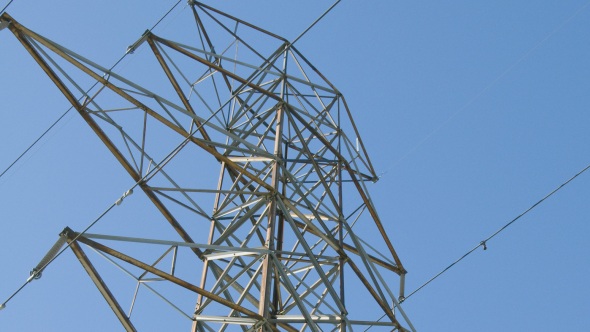Ghana’s Economy: Challenges and Investment Opportunities
The economy of Ghana is booming and the country is developing fast. However, some challenges such as infrastructure, youth unemployment or energy deficit still have to be faced, and investors have look into turning such challenges into opportunities.

Ghana’s Economy: Challenges and Investment Opportunities
Ghana’s economy, as is the case with all developing countries, is hungry for high worth investments, especially those that will have a direct baring on the lives of the people. “We are looking to create employment for our people where we can get the masses working,” said Seth Adjei-Baah, President of the Ghana National Chamber of Commerce and Industry. Although Ghana’s population is reported to be growing at an estimated rate of 2.4 per cent per annum, growth in key necessities such as water, infrastructure and energy, among others, have failed to match-up to the population growth, leading to a yawning deficit.
While Ghana is struggling to close its rising infrastructural deficit, improve energy generation and supply as well as create employment for its teeming youth, investors the world over have to look into turning such challenges into opportunities.
In the energy sector for instance, the country is currently battling a chronic energy deficit which continues to be an albatross on the neck of the government. Over 95 per cent of Ghana’s energy needs come from gas, hydro and fuel, and the unreliable nature of gas supply from the West African Gas Pipeline (WAGP), obsolete equipment at the Akosombo Dam (the nation’s major source of hydro power supply) and the rising prices of crude on the international market means that Ghanaians and industries have to endure intermittent power outages, which is now christened dum-su dum-su (on and off).
But while this happens, alternative and cheaper sources of energy sources such as wind, solar, among others continue to be left untapped as investor appetite in renewable energy sources in Ghana is yet to pick up. About less than two per cent of the country’s energy mix currently comes from renewable energy, data from its Ministry of Energy showed. And although the northern part of the country has almost 24-hour sunshine throughout the year, it was not until May this year that a two megawatt solar power plant was commissioned in the Upper East Regional town of Navrongo. Wind, another promising source of renewable energy, is also left untapped despite recent studies revealing that the coastal part of the country could be the biggest and most reliable wind corridors for turbines in Africa.
The same applies to the cocoa sub-sector, which accounts for about 30 per cent of the country’s GDP. Although cocoa from Ghana is noted for its premium quality bean, less than 40 per cent of it is processed internally, leaving the rest to be exported in raw state. According to Mr Adjei Baah of the Chamber of Commerce, what Ghana needs now is for foreign investors to collaborate with their local counterparts to establish factories that can add value to cocoa beans and export chocolate.
Thus, while Ghana is struggling to, among other things, close its rising infrastructural deficit, improve energy generation and supply as well as create employment for its teeming youth, investors the world over would have to look into turning such challenges into opportunities by pushing their monies into sectors that best fit their strategies.
On top of these investment opportunities also come several incentives from the Ghanaian government to help lure in FDIs. Key among them is the country’s free zones programmes which gives tax breaks, softens the regulations on doing business and encourages investors to export a large chunk of their produce. Generally too, Ghana’s business regulatory environment is positive as it’s tilted towards luring in more investments.
However, any foreigner wishing to set up in the country would have to do that in conjunction with genuine and well meaning local partners as there are reported instances of people duping investors in the name of introducing them. As a result, it is often recommended that people interested in tapping into the country’s yawning investment potential does so through institutions such as GIPC and the Ghana Free Zones Board. Business groupings such as the Association of Ghana Industries and Ghana National Chamber of Commerce and Industry could also be the best places to seek help should the need arise.